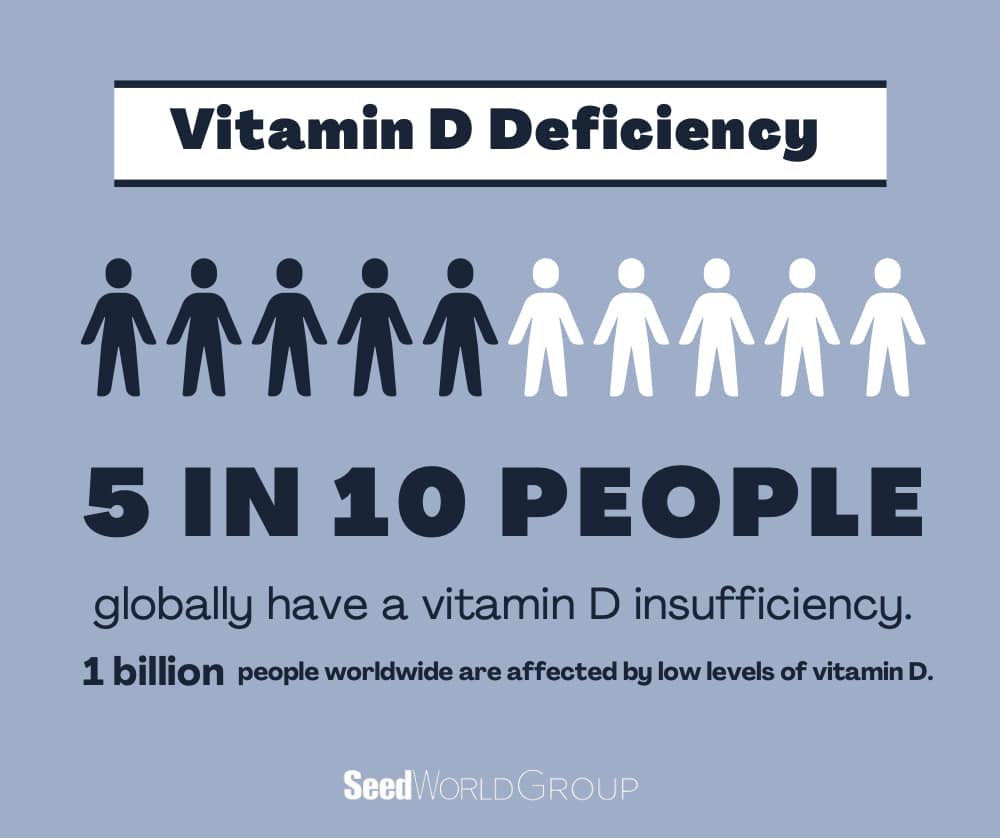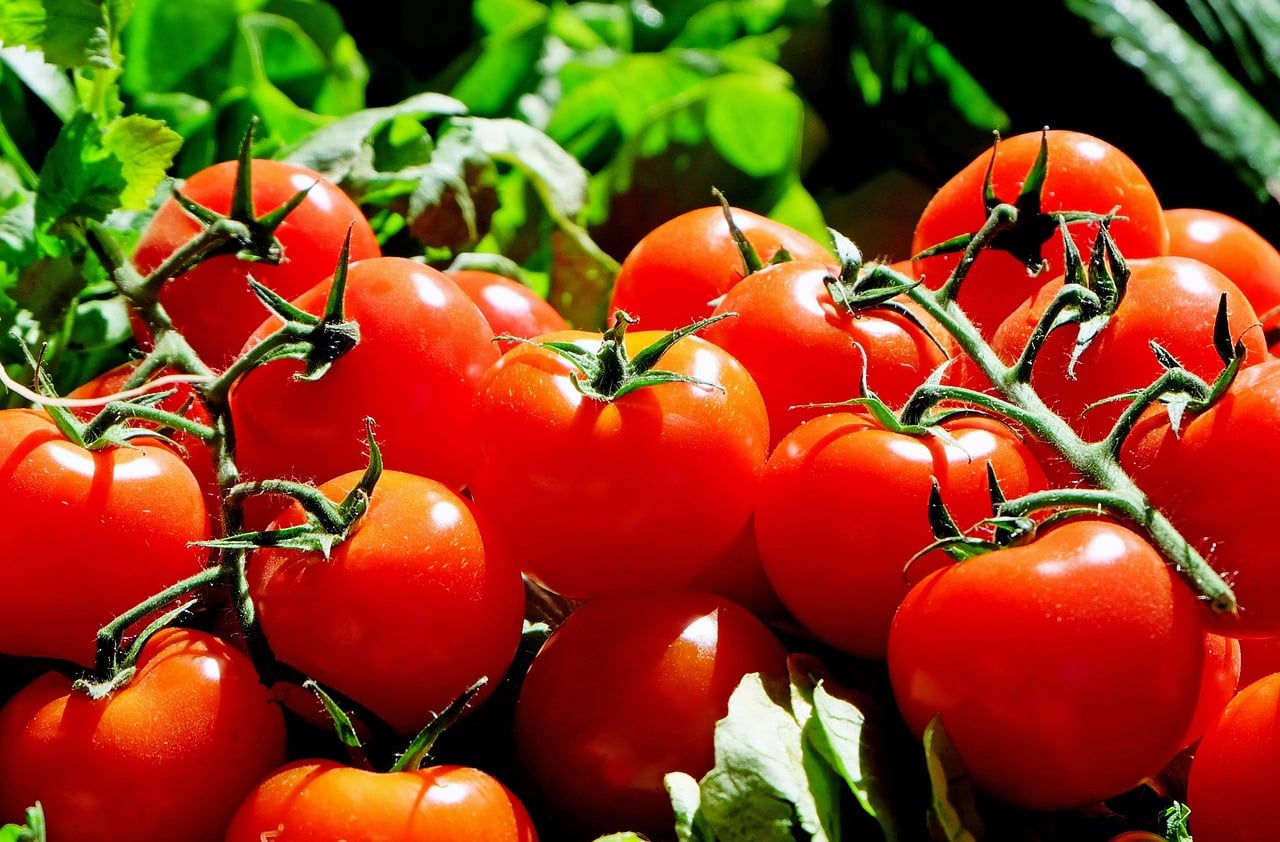Vitamin D insufficiency continues to grow, linked to greater risk of cancer, dementia, increased severity of Covid-19 and other main causes of mortality. Gene-edited tomatoes that produce vitamin D could be a sustainable solution to these global health issues.

Tomato leaves naturally possess provitamin D3 at low levels. Researchers at the John Innes Centre used CRISPR-Cas9 gene editing to block a particular molecule in the plant’s genome, therefore increasing provitamin D3 in the fruit and leaves of the tomatoes. Then, the new biofortified crop was exposed to UVB light, resulting in a conversion to vitamin D3. Following the UVB light treatment, a single tomato contained the same levels of vitamin D as 28g of tuna or two medium sized eggs, both great sources of the vitamin.
The leaves of the GE plants possessed, “up to 600 ug of provitamin D3 per gram of dry weight. The recommended daily intake of vitamin d is 10 ug for adults,” shared a release from John Innes Centre. While tomato leaves are usually seen as waste material, those from the edited plants could be utilized for vegan friendly D3 supplements and food fortification.
“We’ve shown that you can biofortify tomatoes with provitamin D3 using gene editing, which means tomatoes could be developed as a plant-based, sustainable source of vitamin D3,” said Professor Cathie Martin, one author of the study. “40% of Europeans have vitamin D insufficiency and so do one billion people world-wide. We are not only addressing a huge health problem, but are helping producers, because tomato leaves which currently go to waste, could be used to make supplements from the gene-edited lines.”
Turning off the enzyme in the tomato did not affect the tomato plants’ growth, development or yield.
With extended exposure to UVB, vitamin D in ripe fruit could increase, according to the study. The method could be applied to other plants with the same biochemical pathway as tomatoes, including aubergine, potato and pepper.
“The Covid-19 pandemic has helped to highlight the issue of vitamin D insufficiency and its impact on our immune function and general health. The provitamin D enriched tomatoes we have produced offer a much-needed plant-based source of the sunshine vitamin. That is great news for people adopting a plant-rich, vegetarian or vegan diet, and for the growing number of people worldwide suffering from the problem of vitamin D insufficiency,” explained Jie Li, first author of the study.
Read More About Tomato Advancements:
An Aromatic Tomato Could be Looming, says Florida Researchers
12 Things to Know About Tomatoes
CRISPR Cherry Tomato Shows Resitance to Pepper Veinal Mottle Virus
Are Consumers Willing to Buy CRISPR Tomatoes?
Plant Breeding in the EU: New Research Highlights Benefits for Tomato and Alfalfa










